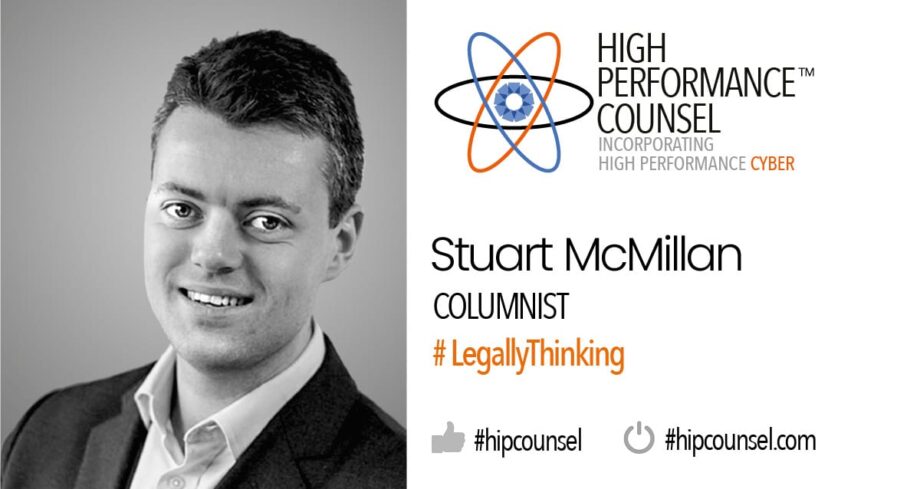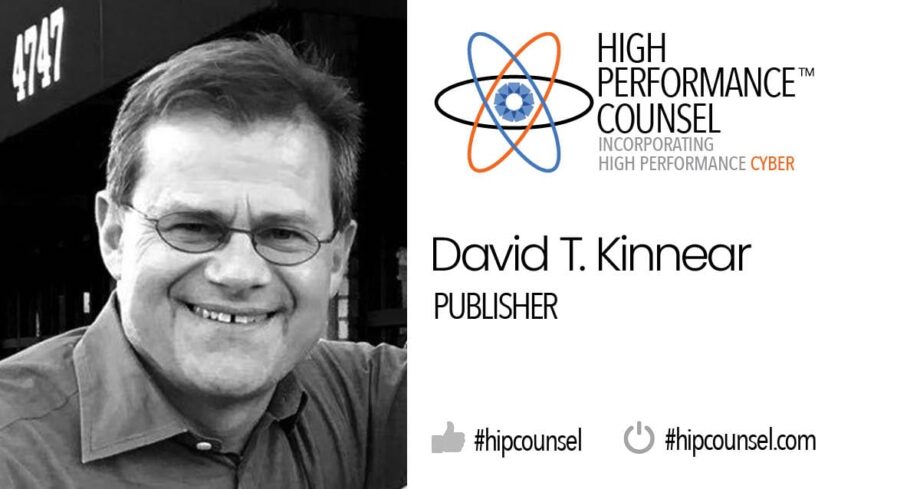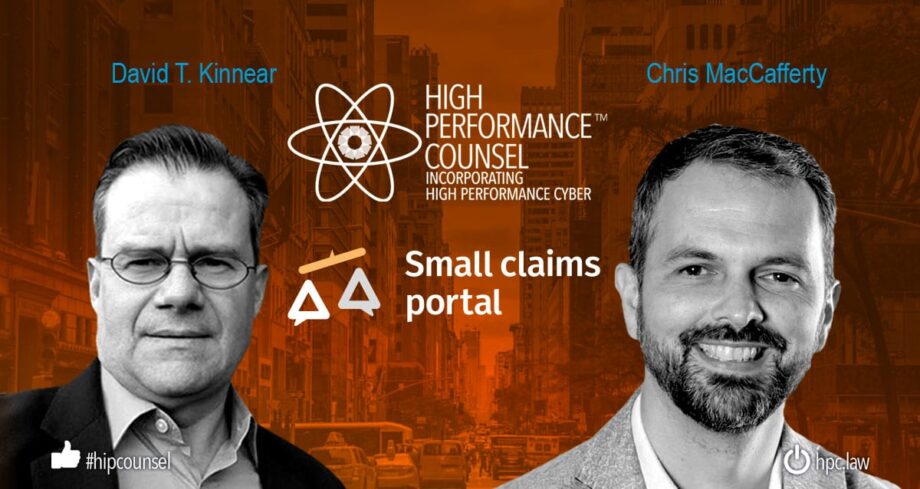The phrase ‘remote working’ has taken on a whole new meaning. Over the last year across the globe employees, business owners and professionals have managed organisations and portfolios whilst being miles from their base of operations. In reality, their personal computer has become their base of operations. We have been […]
On #LegallyThinking: Filling In The Gaps: How Can Legal Tech Enhance The Justice Process?
It was Confucius who said: life is really simple, but we insist on making it complicated. As governments around the world attempt to offer simplified, joined-up systems to their citizens for making their way through the legal process, one of the greatest opportunities they have seen for making it cleaner, […]
On #LegallyThinking: The Future (Proofing) Of Evidence: More Tech, And More Investment
Evidence: a crucial element of the final decision in any legal case. But what constitutes evidence? Once upon a time it was a stack of papers to be pored over by solicitor or counsel, or perhaps a small amount of video footage or audio. But over the last 20 years it […]
On #LegallyThinking: What Can The Rise Of Online Courts Teach Us About Future-Proofing Our Organizations?
The other day, I was sat at my desk about to log on for the day’s work. My flatmate was about to do the same. ‘This is the dystopian future they warned us about,’ I said. Jokes aside, there is no denying it: Coronavirus and ‘Working From Home’ has made […]
Legal Industry Innovation turns the corner: Are you ready for what’s next?
– by David Kinnear As kids we used to play musical chairs at birthday parties and church socials. While you’re laughing about that, think about the potency of the analogy for the legal industry. Within the next 3-5 years, with ’20 being a watershed moment, there simply won’t be seats […]
Legal Services: Build for a digital future. Improve delivery in the present.
– by David Kinnear Even before COVID-19 struck, the legal industry faced a dilemma. In some quarters, innovation has been thriving. In others, it has looked wheezey and out-of-breath. There have been some significant advances in legal technology – and investments that evidence its popularity – in the private sector. […]
Legal Industry heavyweight joins Small Claims Portal as B2B, B2C growth beckons
October 15, 2020 Legal industry heavyweight David Kinnear will join Small Claims Portal as investor and evangelist as market attention increasingly turns to the vast under-served needs of small claims litigants London, New York & Miami — October 15, 2020 — Small Claims Portal (SCP) today announced that legal industry heavyweight […]
An overview of the Small Claims Court journey
This infograph shows the usual routes which a small claim will take from beginning to end.
Video of likely routes to a judgement or final hearing
The following is a short video of the usual journey that you will follow through the small claims court. Please be aware this could vary under the court’s inherent decision making powers. You will also note that the journey can take different paths and end at different times.
What can I claim for in the small claims court?
The short answer is anything assuming it falls into the small claims criteria (in terms of value and complexity – see ‘What are small claims?’ and ‘Allocation outside the small claims court’) and is not specifically excluded e.g. claims for harassment or unlawful eviction, in both cases relating to residential […]
Building your case yourself
It is important to remain as objective as you can be. We appreciate this can be difficult, particularly if you feel you have been wronged in some way. It would therefore be useful to have a trusted friend or contact who you know will give you honest feedback to your […]
A claim has been made against me, what do I do?
1. Decide whether to defend the claim Whilst there is less risk in the small claims court of having to pay the Claimant’s legal costs if you lose the case, the first decision you have to make it whether you wish to defend the claim. Notwithstanding the lower risk of […]
Applying for Judgment in Default
The Defendant either has to acknowledge service within 14 days of service of the claim or submit a defence within 14 days. If the Defendant files an acknowledge of service within 14 days they will have a full 28 days from the service of claim within in which to submit […]
Guide to Directions Questionnaires
Do not underestimate the importance of this stage When you receive notice of the due date for allocation questionnaires, you should also receive notice of the proposed allocation. It is very likely that the court will propose to allocate your matter to the small claims court unless there is an […]
When could my claim be allocated outside the small claims court and what are the consequences?
The starting position is CPR 26.6 which sets out the criteria for claims allocacted to the small claims court (or track as referred to in the rules) e.g. any claims woth a value of no more than £10,000 or claims for personal injury damages with a value of no more than £10,000. […]
Alternative Dispute Resolution
Basically alternative dispute resolution or ADR for short is all other forms of dispute resolution other than court proceedings. The civil procedure rules encourage the parties to use ADR to resolve their dispute without the need for court action. You will also find that the judge will do the same. Although […]
Useful links
Other useful resources to assist you navigate the small claims court Court finder – where to find any court in the England & Wales Civil Procedure Rules – the rules which govern the procedures for civil court cases The Small Claims Rules – this is Part 27 of the Civil Procedure Rules […]
Disclosure
The formal name for the process of showing the evidence that supports your case to the other party. ‘Standard’ disclosure refers to the usual way of going about the process as described in Part 31 of the Civil Procedure Rules.
Directions hearing
Another name for Case Management Conference (See above). A hearing where the court decides or the parties agree (with the approval of the judge) the instructions they will follow to get the case ready for trial.
Defence
What the Defendant writes to explain why they dispute the Claimant’s claim.





